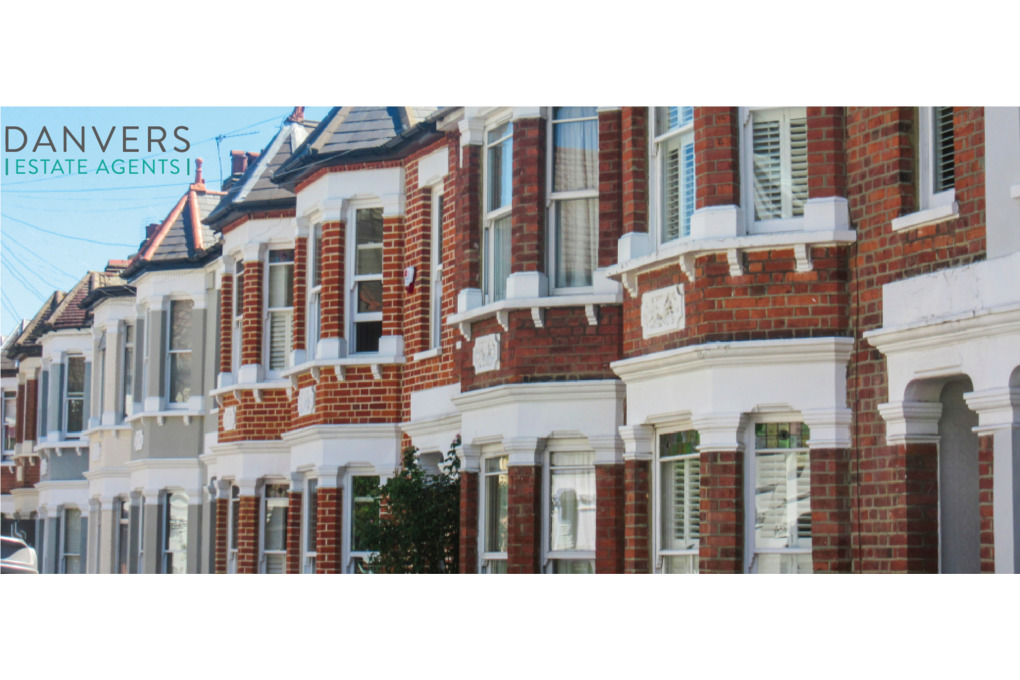If you're earning an income from renting a property, make sure you're aware of your tax liabilities. Here's an overview of what you need to know.
When becoming a landlord, there are many things to take into account, including tax liabilities. If you receive rent from a property, this is considered an income for tax purposes regardless of your employment status.
You will need to declare your rental income on a self-assessment tax return each year, however, there are specific allowances to help you reduce your tax bill. Your personal tax allowance offers a specific tax-free amount each year before any tax is calculated, which currently stands at £12,500 for the tax year 2020/21. After that amount has been taken into consideration, any rent received will be taxed at your personal tax band.
You must also consider that part of your personal rental income could potentially push you to a higher tax band, meaning that you could pay more tax than expected.
Previously you were able to claim tax relief on mortgage interest as a landlord, however, in recent years a reduction in value has been phased in, meaning that less amount can be claimed against your tax bill.
From April 2020, you can't deduct any of your mortgage payments from your rental income when calculating your tax bill, however, your rental income will be taxed and you will get a 20% tax credit on your mortgage interest.
The 10% so-called wear and tear allowance was scrapped in April 2016, and there are other costs you can claim to reduce your tax bill. These include things associated with running the property, such as insurance, council tax and utility bills.
You may also be able to claim tax relief for replacing domestic items, such as beds, sofas and carpets. If you're renting out a leasehold property, you can offset service charges, and ground rent too. #
The introduction of stamp duty for second homes has meant that anyone buying a second property or a buy-to-let property, is now facing an additional 3% of stamp duty on the purchase price of the property, regardless of the introduction of the recent stamp duty holiday.
If you are looking to sell a property that isn't your main home, you may be subject to capital gains tax (CGT) on any profits or the rise in the value over the time you've owned it.
The CGT allowance on any profit you make on any investments such as property, shares, & investment funds before tax currently stands at £12,300 for the tax year 2020/21.
CGT is taxed at 18% if you are a basic-rate taxpayer or 28% if you are a high-rate taxpayer. However, you can reduce this amount if you pay for major capital expenses you've had to pay out during your period of ownership. Make sure you keep proof of any high costs, so it can be submitted as evidence when completing your tax return. You may also be able to offset stamp duty costs you originally paid against your CGT bill.
Buy-To-Let Investments are a great way to earn additional income and build a property portfolio over time. We would recommend you to seek professional tax advice on this matter, as these professionals may be able to clarify your tax liabilities and recommend any allowance that might be available for you.
In some circumstances, they might advise you to set up a company to reduce your personal tax liability, which in turn brings its own set of tax liabilities and CGT allowances.
At Danvers, we believe that investing in property is a great way to earn an additional income and diversify your investment portfolio.
If you are looking to take a step onto becoming a landlord or are looking for an experienced team to manage your property portfolio, please call us on 0116 275 8888.
 Like
Like